
Paldal-gu: The Historic Heart of Suwon
Paldal-gu, located in the vibrant city of Suwon, South Korea, is a captivating blend of history, culture, and modernity. This neighbourhood is home to the famous Hwaseong Fortress, a UNESCO World Heritage site that offers a glimpse into Korea's rich past. The fortress, with its impressive walls and gates, provides not only a historical journey but also breathtaking views of the city and surrounding landscapes. Strolling through Paldal-gu, visitors will discover a variety of traditional Korean houses, known as hanoks, mingling with contemporary buildings. The area is also famed for its bustling markets, where one can sample delicious Korean street food, shop for local crafts, and experience the vibrant local life. Paldal-gu is particularly lively during the Suwon Hwaseong Cultural Festival, an annual event that brings the community together with parades, performances, and re-enactments of historical events. In addition to its historic charm, Paldal-gu offers numerous parks and green spaces, perfect for leisurely walks or picnics. The neighbourhood is also well-connected, making it easy for tourists to explore other parts of Suwon and beyond. Whether you're a history buff, a foodie, or simply looking to soak in the local culture, Paldal-gu has something to offer everyone.
Local tips in Paldal-gu
- Visit Hwaseong Fortress early in the morning to avoid crowds and enjoy the serene atmosphere.
- Try the local specialty, Suwon galbi (grilled ribs), at one of the traditional restaurants in the area.
- Wear comfortable shoes, as exploring the fortress and surrounding areas involves a fair amount of walking.
- Check the schedule of the Suwon Hwaseong Cultural Festival if you're visiting in October to catch vibrant local celebrations.
- Use the local buses or taxis for convenient transportation around Paldal-gu and to other parts of Suwon.
Paldal-gu: The Historic Heart of Suwon
Paldal-gu, located in the vibrant city of Suwon, South Korea, is a captivating blend of history, culture, and modernity. This neighbourhood is home to the famous Hwaseong Fortress, a UNESCO World Heritage site that offers a glimpse into Korea's rich past. The fortress, with its impressive walls and gates, provides not only a historical journey but also breathtaking views of the city and surrounding landscapes. Strolling through Paldal-gu, visitors will discover a variety of traditional Korean houses, known as hanoks, mingling with contemporary buildings. The area is also famed for its bustling markets, where one can sample delicious Korean street food, shop for local crafts, and experience the vibrant local life. Paldal-gu is particularly lively during the Suwon Hwaseong Cultural Festival, an annual event that brings the community together with parades, performances, and re-enactments of historical events. In addition to its historic charm, Paldal-gu offers numerous parks and green spaces, perfect for leisurely walks or picnics. The neighbourhood is also well-connected, making it easy for tourists to explore other parts of Suwon and beyond. Whether you're a history buff, a foodie, or simply looking to soak in the local culture, Paldal-gu has something to offer everyone.
Iconic landmarks you can’t miss
Hwaseong Haenggung
Explore the enchanting Hwaseong Haenggung, a historical palace in Suwon, offering a captivating glimpse into Korea's royal heritage and stunning architecture.
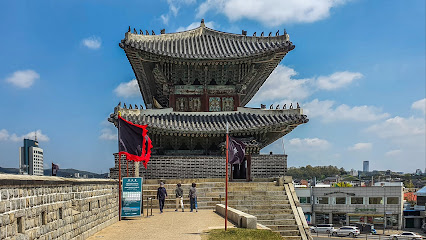
Paldalmun Gate
Explore Paldalmun Gate, a historic cultural landmark in Suwon, offering a glimpse into Korea's rich architectural heritage and vibrant history.
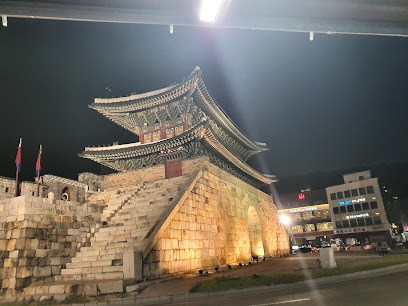
Yeonmudae (Dongjangdae/Eastern Command Post)
Explore Yeonmudae in Suwon-si, a historical site that offers a fascinating glimpse into Korea’s military past amidst stunning natural beauty.
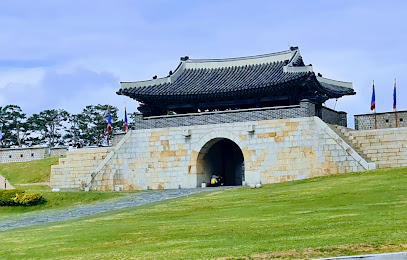
Janganmun Gate
Discover the majestic Janganmun Gate, a historical landmark in Suwon that offers a glimpse into Korea's rich architectural heritage and vibrant culture.
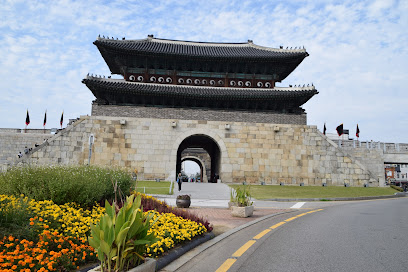
Hwahongmun Gate (Buksumun)
Explore Hwahongmun Gate, a historic landmark in Suwon, and immerse yourself in the rich heritage and beauty of Korea's architectural marvels.
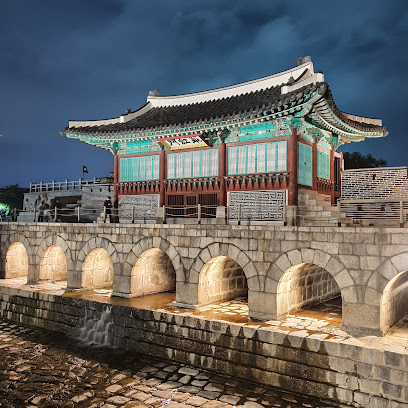
Suwon Former Bugugwon Hall
Explore the historical charm of Suwon Former Bugugwon Hall, a serene landmark that showcases Korea's rich cultural heritage amidst beautiful gardens.
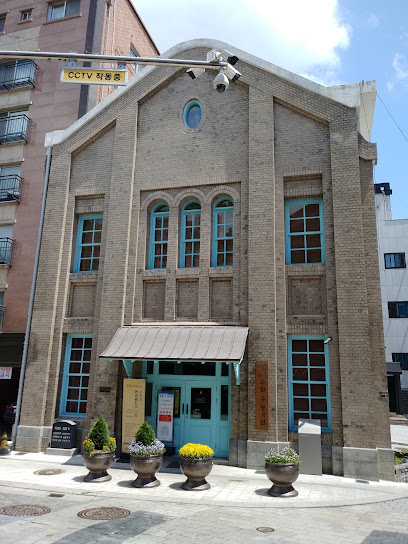
Jidong Mural Village
Immerse yourself in the artistic wonders of Jidong Mural Village, a vibrant destination showcasing stunning murals and local culture in Suwon-si, South Korea.
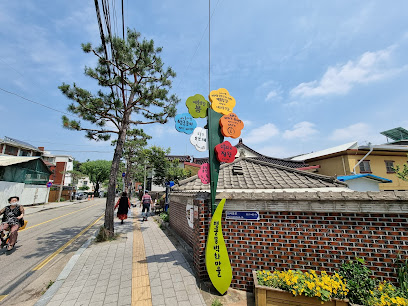
Haenggung-dong Mural Village
Explore the vibrant Haenggung-dong Mural Village in Suwon-si, where stunning street art meets local culture and history for a unique travel experience.
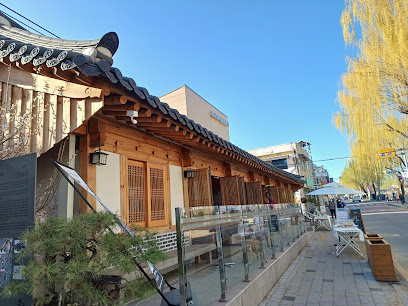
아담스기념관
Discover the beauty and history of Allaksa Fortress in Suwon, a must-visit destination for tourists seeking cultural immersion and stunning architecture.
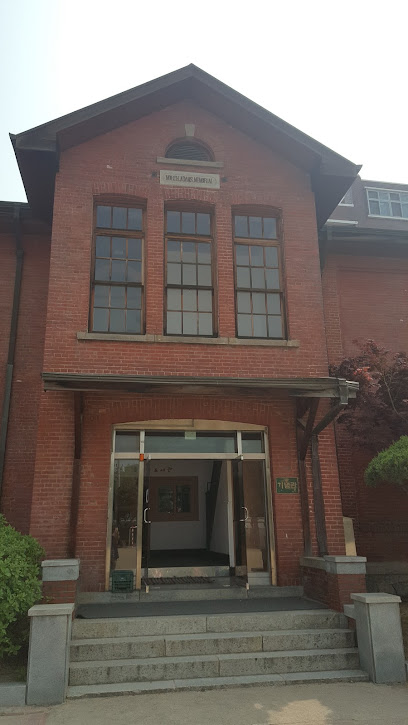
Haenggung Street 행궁길
Experience the vibrant culture and rich history of Suwon at Haenggung Street, a bustling hub of traditional architecture, delicious street food, and local crafts.
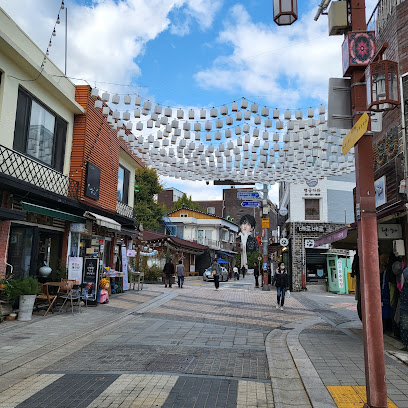
Essential places to dine
Suwon Mandu
Indulge in authentic Chinese dumplings at Suwon Mandu, where tradition meets flavor in the heart of Gyeonggi-do.
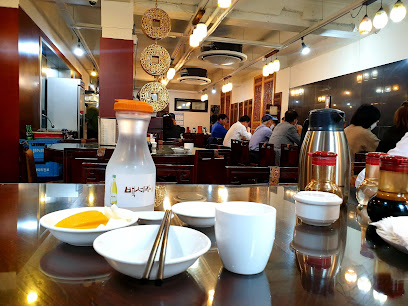
Himalaya Garden Indian Restaurant
Experience authentic Indian cuisine at Himalaya Garden Indian Restaurant in Suwon - perfect for families and food lovers alike!
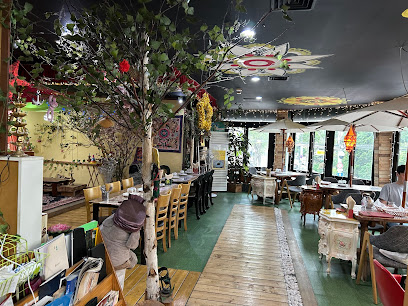
Swoyambhu Indian Restaurant
Discover the vibrant flavors of India at Swoyambhu Indian Restaurant in Suwon-si - a must-visit dining destination for tourists.
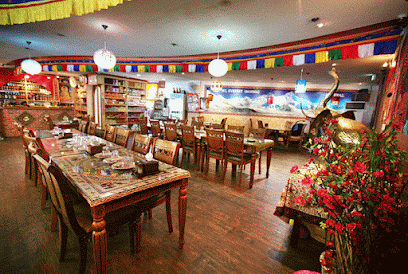
Shangrila Restautant
Experience authentic Nepali cuisine at Shangrila Restaurant in Suwon – A taste adventure awaits!
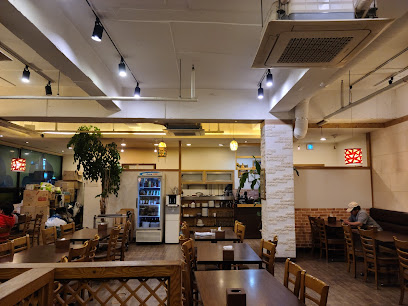
Delhi Dhaba (Indian Restaurant)
Experience authentic Indian flavors at Delhi Dhaba in Suwon-si – where every dish tells a story!
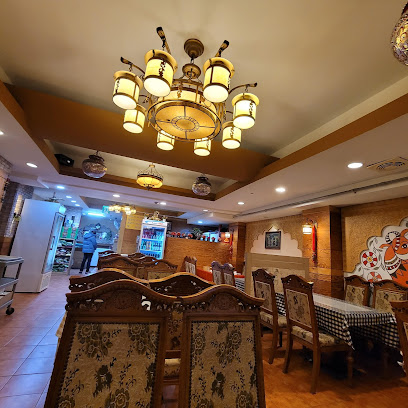
Naan Indian Restaurant, Ajou Univ
Experience authentic Indian flavors at Naan Indian Restaurant near Ajou University - where every dish tells a story.
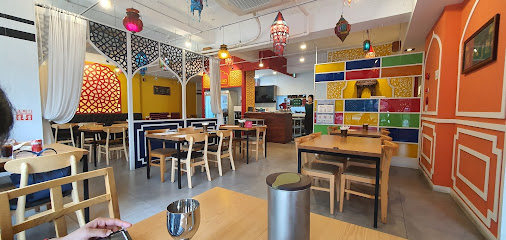
Farm to Hanok
Discover authentic Korean flavors at Farm to Hanok in Suwon, where traditional architecture meets fresh farm-to-table cuisine.
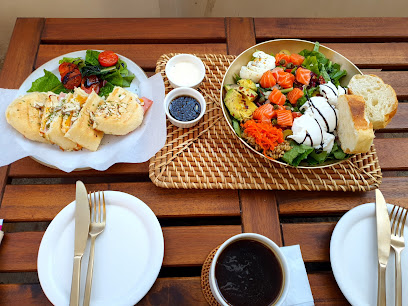
Kasam Indian resturant
Explore authentic Indian and Nepalese cuisine at Kasam Indian Restaurant in Suwon-si – where every dish tells a story.
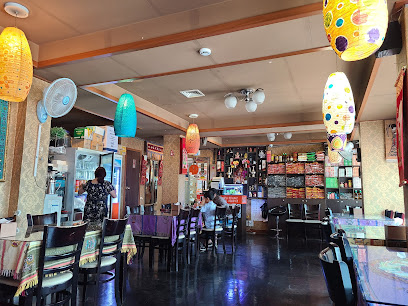
On the Border Suwon AK
Experience vibrant family dining at On the Border Suwon AK, where authentic Mexican flavors meet a welcoming atmosphere perfect for all ages.
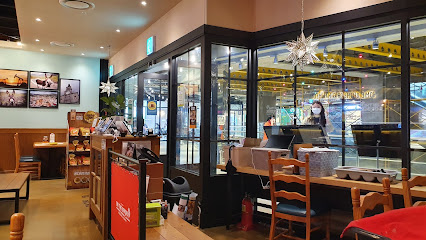
Restaurant, Korean
Experience authentic Korean cuisine in Suwon: flavorful dishes served in a cozy atmosphere at an affordable price.
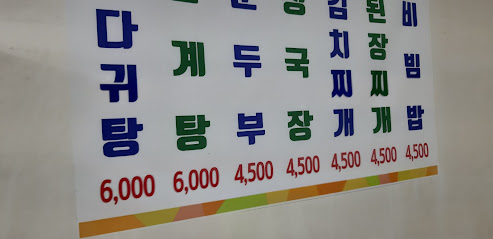
Markets, malls and hidden boutiques
LOTTE MALL Suwon
Explore LOTTE MALL Suwon for an unforgettable shopping experience in South Korea, featuring diverse shops, dining, and entertainment for every visitor.
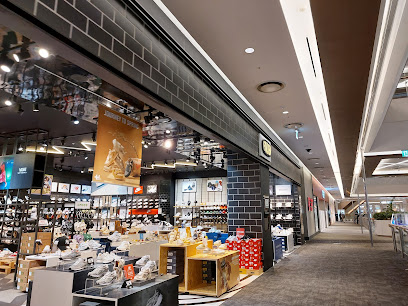
AK PLAZA Suwon
Explore AK PLAZA Suwon for an unforgettable shopping experience filled with fashion, food, and fun in the heart of South Korea.
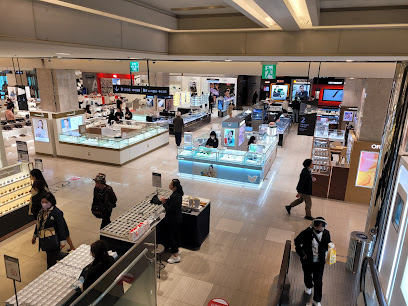
Suwon Station Underground Shopping Center
Explore the lively Suwon Station Underground Shopping Center, a hub of culture, cuisine, and commerce in the heart of Suwon.
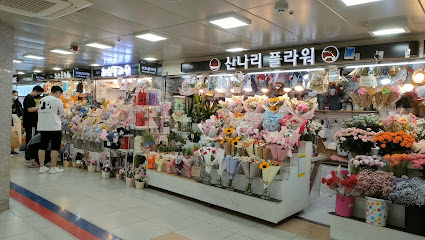
Beautiful Store, Suwon Fortress points
Discover unique vintage treasures at Beautiful Store near Suwon Fortress - a sustainable shopping experience that supports the community.
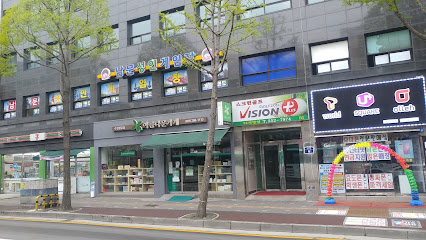
Suwon Si
Explore Suwon Si, a vibrant shopping haven blending modern retail with traditional Korean culture for an unforgettable experience.
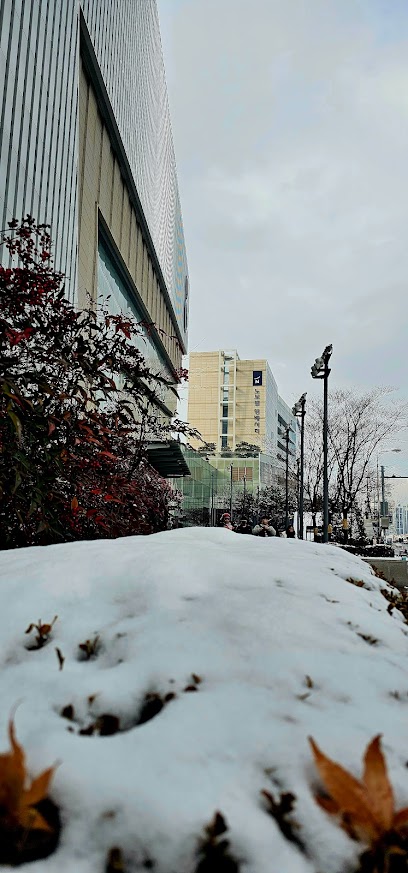
아르지온
Explore the captivating gift shop 아르지온 in Suwon, offering unique souvenirs and local crafts that encapsulate the essence of Korean culture.

BESTFRIEND
Discover unique souvenirs and local crafts at BESTFRIEND, a charming gift shop in the heart of Suwon, South Korea.

Palmsprings
Explore the vibrant fashion scene at Palmsprings, a trendy clothing store in Suwon, Gyeonggi-do, showcasing the latest styles and unique designs.
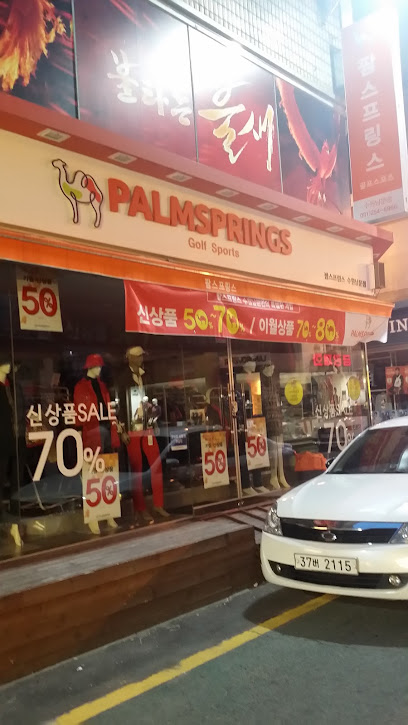
Cool area
Explore Cool Area: The ultimate shopping mall in Suwon-si with diverse stores, delightful dining, and exciting entertainment options for all.

미SHOP
Explore the vibrant fashion scene at 미SHOP in Suwon, offering unique clothing and accessories that reflect the essence of Korean style.

Essential bars & hidden hideouts
Wonderwall Suwon Ingye
Discover the vibrant atmosphere and diverse offerings of Wonderwall Suwon Ingye - a premier bar and gastropub in the heart of Suwon-si.
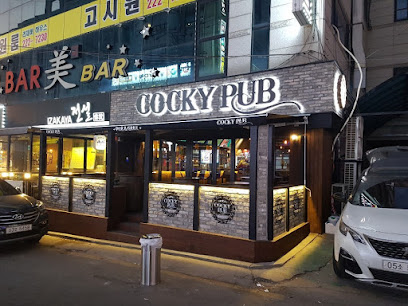
Thursday Party
Discover the vibrant nightlife at Thursday Party in Suwon, a bustling bar offering eclectic drinks and a lively atmosphere for unforgettable nights.
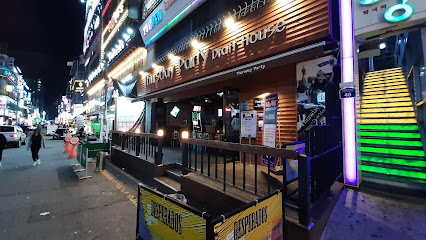
The Big Chill
Discover the lively spirit of Suwon at The Big Chill, a vibrant bar with affordable drinks and a welcoming atmosphere for all.
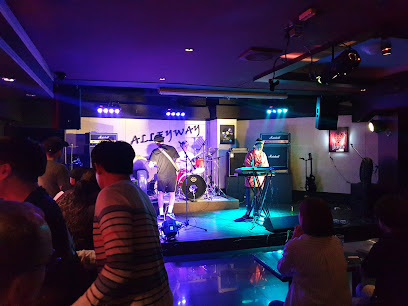
Yakkuk BAR
Experience the vibrant nightlife of Suwon at Yakkuk BAR, where exquisite cocktails meet a lively atmosphere in an underground setting.
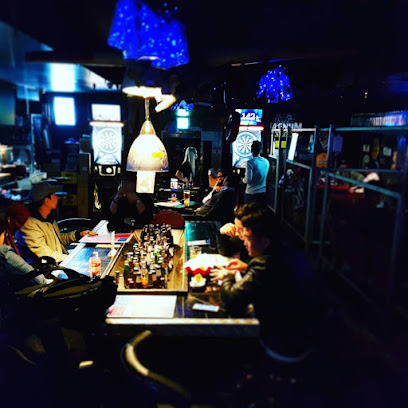
Alleyway Taphouse
Discover Alleyway Taphouse in Suwon for vibrant live music, craft beers, and an unforgettable nightlife experience.
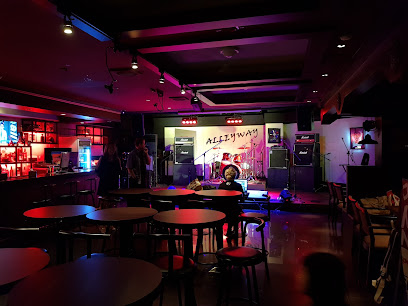
Monster Pub
Discover the vibrant nightlife of Suwon-si at Monster Pub, a lively bar offering a unique atmosphere and a great selection of drinks.
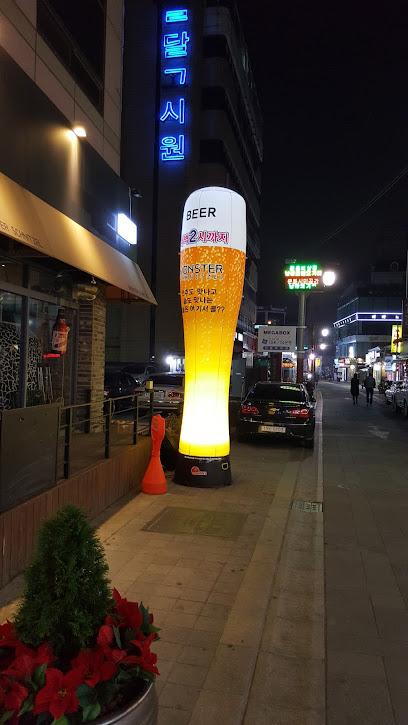
Yolo cocktail bar
Experience the vibrant nightlife at Yolo Cocktail Bar in Suwon, where expertly crafted cocktails meet a lively atmosphere for an unforgettable night out.
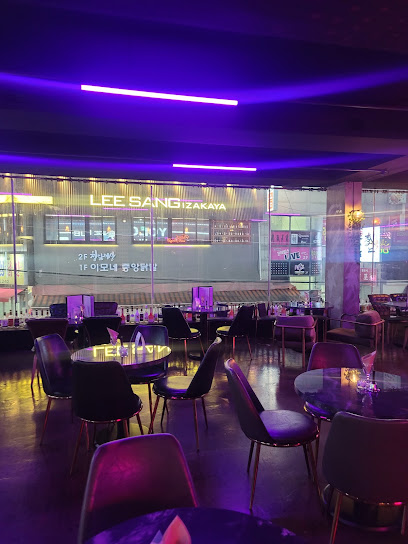
Daily Beer
Discover the vibrant nightlife at Daily Beer in Suwon, where local brews and a lively atmosphere await every visitor.
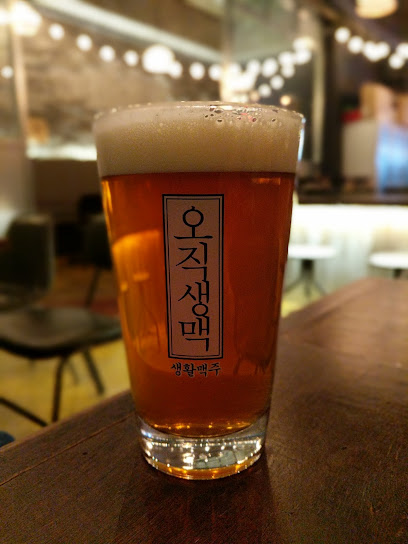
Binteum
Experience the vibrant nightlife at Binteum, a stylish bar in Suwon offering innovative cocktails and a cozy atmosphere for all.

Dirty Rabbit
Discover Dirty Rabbit, a vibrant bar in Suwon, where eclectic decor meets a lively atmosphere, perfect for enjoying local drinks and nightlife.

Local Phrases
-
- Hello안녕하세요
[annyeonghaseyo] - Goodbye안녕히 가세요
[annyeonghi gaseyo] - Yes네
[ne] - No아니요
[aniyo] - Please/You're welcome부탁합니다/천만에요
[butakhamnida/cheonmaneyo] - Thank you감사합니다
[gamsahamnida] - Excuse me/Sorry죄송합니다
[joesonghamnida] - How are you?어떻게 지내세요?
[eotteoke jinaeseyo?] - Fine. And you?잘 지내요. 그리고 당신은요?
[jal jinaeyo. geurigo dangsineunyo?] - Do you speak English?영어 할 줄 아세요?
[yeongeo hal jul aseyo?] - I don't understand이해하지 못합니다
[ihaehaji moshamnida]
- Hello안녕하세요
-
- I'd like to see the menu, please메뉴를 보고 싶어요
[menyureul bogo sippeoyo] - I don't eat meat고기를 먹지 않아요
[gogireul meokji anayo] - Cheers!건배!
[geonbae!] - I would like to pay, please결제하고 싶어요
[gyeoljehago sippeoyo]
- I'd like to see the menu, please메뉴를 보고 싶어요
-
- Help!도와주세요!
[dowajuseyo!] - Go away!가세요!
[gaseyo!] - Call the Police!경찰을 불러주세요!
[gyeongchareul bulleojuseyo!] - Call a doctor!의사를 불러주세요!
[uisareul bulleojuseyo!] - I'm lost길을 잃었어요
[gireul ilheosseoyo] - I'm ill아파요
[apayo]
- Help!도와주세요!
-
- I'd like to buy...구입하고 싶어요...
[guibhago sippeoyo...] - I'm just looking구경만 하고 있어요
[gugyeongman hago isseoyo] - How much is it?얼마에요?
[eolmaeyo?] - That's too expensive너무 비싸요
[neomu bissayo] - Can you lower the price?가격을 낮출 수 있어요?
[gageogeul natchul su isseoyo?]
- I'd like to buy...구입하고 싶어요...
-
- What time is it?지금 몇 시에요?
[jigeum myeot sieyo?] - It's one o'clock한 시에요
[han sieyo] - Half past (10)10시 반
[sip si ban] - Morning아침
[achim] - Afternoon오후
[ohu] - Evening저녁
[jeonyeok] - Yesterday어제
[eoje] - Today오늘
[oneul] - Tomorrow내일
[naeil] - 1하나
[hana] - 2둘
[dul] - 3셋
[set] - 4넷
[net] - 5다섯
[daseot] - 6여섯
[yeoseot] - 7일곱
[ilgop] - 8여덟
[yeodeol] - 9아홉
[ahop] - 10열
[yeol]
- What time is it?지금 몇 시에요?
-
- Where's a/the...?...이 어디에 있어요?
[...i eodie isseoyo?] - What's the address?주소가 뭐에요?
[jusoga mwoeyo?] - Can you show me (on the map)?지도로 보여주세요?
[jidoro boyeojuseyo?] - When's the next (bus)?다음 (버스) 언제와요?
[daeum (beoseu) eonjewayo?] - A ticket (to ....)표 (....로)
[pyo (....ro)]
- Where's a/the...?...이 어디에 있어요?
History of Paldal-gu
-
Paldal-gu is intrinsically linked to the founding of Suwon in the late 18th century. In 1794, King Jeongjo of the Joseon Dynasty chose the area to build Hwaseong Fortress as a means to protect the royal tomb of his father, Prince Sado. The construction of the fortress, which took place from 1794 to 1796, marked a significant urban development in Paldal-gu, transforming it into a strategic military and administrative center.
-
Designated a UNESCO World Heritage Site in 1997, Hwaseong Fortress is a prime example of late 18th-century military architecture. Its walls and gates, located in Paldal-gu, are not only impressive structures but also reflect the cultural and historical significance of the era. The fortress embodied the principles of modern fortification and was a symbol of King Jeongjo's reformist vision and dedication to his father's legacy.
-
Throughout the 20th century, Paldal-gu experienced substantial economic growth as Suwon evolved into an industrial city. The establishment of various factories and businesses transformed the local economy, drawing in residents from surrounding areas. This industrial boom led to the development of infrastructure and services, which in turn contributed to the cultural diversity and vibrancy of the neighborhood.
-
In the late 20th century, Paldal-gu played a pivotal role during the democratic movements in South Korea. The area became a gathering point for protests and civic activities advocating for democracy and social change. This period significantly shaped the modern identity of Paldal-gu, as it became associated with the struggles and aspirations of the South Korean people.
-
Paldal-gu is home to various cultural festivals that celebrate the region's rich history and community spirit. Events such as the Suwon Hwaseong Cultural Festival showcase traditional performances, crafts, and local cuisine, allowing residents and visitors to engage with the area's cultural heritage. These festivals foster a sense of community and highlight the importance of preserving Paldal-gu's unique identity within Suwon.
Paldal-gu Essentials
-
Paldal-gu is conveniently located within Suwon and can be accessed easily from other neighborhoods. If you're arriving from Suwon Station, take a local bus or a taxi for a short ride of about 10 minutes. The nearest subway station is Suwon Station on Line 1, which connects you to Seoul and other cities. Buses also run frequently from various parts of Suwon, with several lines stopping at key locations in Paldal-gu.
-
Paldal-gu is pedestrian-friendly, making walking a pleasant way to explore the area. Public transportation options include buses and the subway, with several bus lines servicing the neighborhood. Bicycles can be rented from local bike-sharing services, and taxis are readily available for longer trips. The area is compact, and many attractions are within walking distance of each other.
-
Paldal-gu is generally safe for tourists, but standard precautions should be taken. Avoid poorly lit areas at night and keep your belongings secure in crowded places. While there are no specific high-crime areas targeting tourists, it is advisable to stay vigilant, especially in busy markets or public transport hubs.
-
In case of an emergency, dial 112 for police assistance or 119 for fire and medical emergencies. The local hospital is located in Paldal-gu, and pharmacies are available for minor health issues. It is advisable to have travel insurance that covers medical emergencies.
-
Fashion: Do dress modestly, especially when visiting temples or traditional sites. Avoid overly revealing clothing. Religion: Do respect local customs and traditions. When entering religious sites, remove your shoes if required. Public Transport: Do be courteous and give up your seat to the elderly or pregnant women. Don’t eat or drink on public transport. Greetings: Do greet people with a slight bow and a smile. Eating & Drinking: Do try local dishes and share meals with others. Don’t refuse food offerings, as it may be considered disrespectful.
-
To experience Paldal-gu like a local, visit the traditional markets for fresh produce and local snacks. Engage with street vendors and ask for recommendations. Attend local festivals if you're in town during one for a taste of the community culture. Try the local specialty, Suwon galbi (grilled ribs), at a neighborhood restaurant. Don’t hesitate to ask locals for directions or advice, as they are usually friendly and willing to help.
Nearby Cities to Paldal-gu
-
Things To Do in Seoul
-
Things To Do in Incheon
-
Things To Do in Chuncheon
-
Things To Do in Daejeon
-
Things To Do in Jeonju
-
Things To Do in Andong
-
Things To Do in Daegu
-
Things To Do in Gwangju
-
Things To Do in Pohang
-
Things To Do in Gyeongju
-
Things To Do in Suncheon
-
Things To Do in Ulsan
-
Things To Do in Mokpo
-
Things To Do in Busan
-
Things To Do in Jeju City









